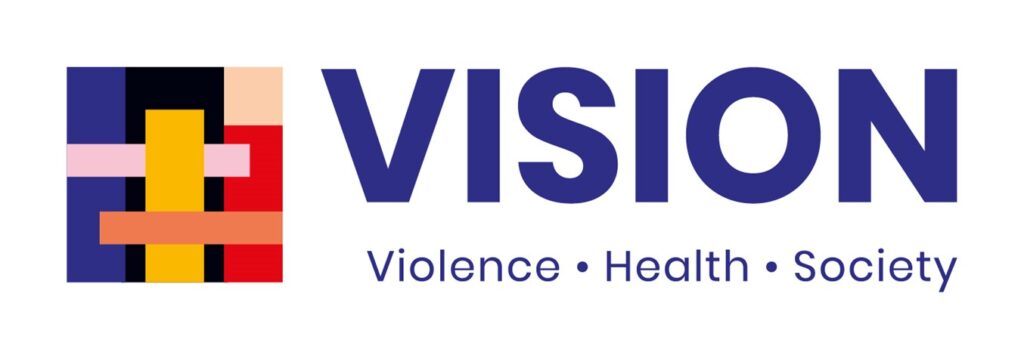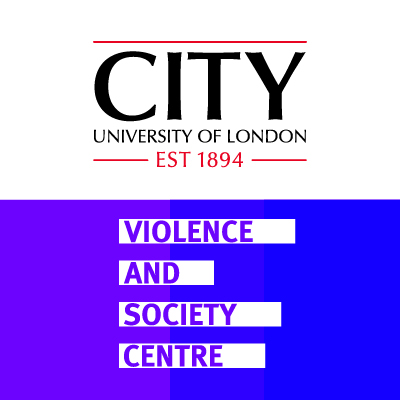Children with traumatic experiences in their early lives have a higher risk of obesity. But as new research from VISION researcher Dr Ladan Hashemi and colleagues at University of Auckland, New Zealand, demonstrate, this risk can be reduced through positive experiences.
Their analysis of data from around 5,000 children in the Growing Up in New Zealand study revealed nine out of ten faced at least one significant source of trauma by the time they were eight years old. Multiple adverse experiences were also prevalent, with one in three children experiencing at least three traumatic events. Notably, certain traumatic experiences (including physical abuse and parental domestic violence) related more strongly to obesity than others. This highlights the strong connection between early-life adversity and physical health outcomes.
Whilst researching the associations between obesity and childhood trauma, the team also explored the protective and mitigating effects of positive experiences. They defined positive experiences as:
- mothers interacting well with their children
- mothers involved in social groups
- children engaged in enriching experiences and activities such as visiting libraries or museums and participating in sports and community events
- children living in households with routines and rules, including those regulating bedtime, screen time and mealtimes
- children attending effective early childhood education
The findings were encouraging. Children with more positive experiences were significantly less likely to be obese by age eight. For example, those with five or six positive experiences were 60% less likely to be overweight or obese compared to children with zero or one positive experience. Even two positive experiences reduced the likelihood by a quarter.
Among children exposed to multiple adversities, positive experiences can help mitigate the negative effects of childhood trauma. However, at least four positive experiences were required to significantly counteract the impact of adverse experiences.
Recommendations
- Traditional weight-loss programmes focused solely on changing behaviours are not enough to tackle childhood obesity. To create lasting change, children need positive social environments and life experiences as well as support to address the emotional scars of early trauma shaping their lives.
- Fostering positive experiences is a vital part of this holistic approach. These experiences not only help protect children from the harmful effects of adversity but also promote their overall physical and mental wellbeing. This isn’t just about preventing obesity – it’s about giving children the foundation to thrive and reach their full potential.
- Sure Start and providers of early childhood education and support for parents could help reduce the health inequalities resulting from exposure to violence.
To cite: Mellar, B.M., Ghasemi, M., Gulliver, P. et al. Identification of positive childhood experiences with the potential to mitigate childhood unhealthy weight status in children within the context of adverse childhood experiences: a prospective cohort study. BMC Public Health 25, 8 (2025). https://doi.org/10.1186/s12889-024-20727-y
For further information on the research:
- The Conversation: Children with traumatic experiences have a higher risk of obesity – but this can be turned around
- New Zealand Herald: Nine in 10 Kiwi kids endure trauma by age 8 – new research
- Link to the Media Release : Childhood trauma the norm, but positive experiences help
Or for further information, please contact Ladan at ladan.hashemi@city.ac.uk
Illustration from Adobe Photo Stock subscription

